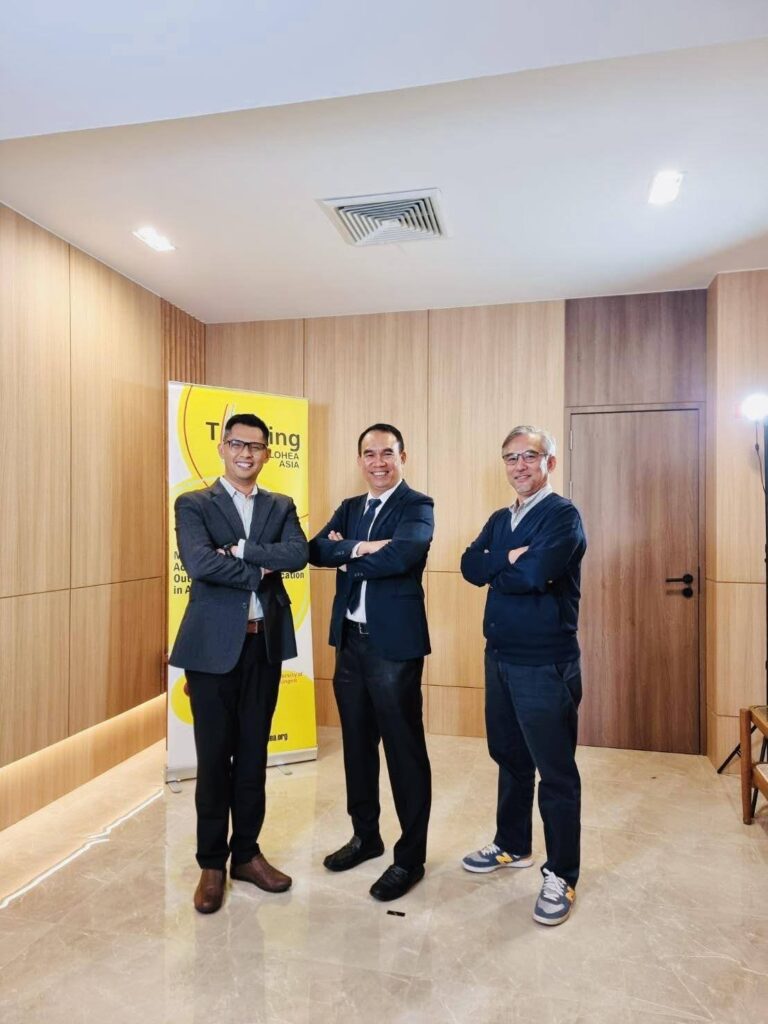Prince of Songkla University (PSU), Chulalongkorn University (CU), and Naresuan University (NSU) have embarked on a transformative journey through their participation in the CALOHEA (Measuring and Comparing Achievements of Learning Outcomes in Higher Education in Asia) project. This initiative is pivotal for Thailand as it aligns with the country’s increasing emphasis on outcome-based education. The CALOHEA project, coordinated by the Tuning Academy of the University of Groningen and the ASEAN University Network, is co-funded by the European Commission. It aims to enhance the internationalization of higher education institutions by developing interrelated measures across three key dimensions: qualification frameworks, student workload management, and authentic assessments.
Qualification frameworks under the CALOHEA project help classify different qualifications (i.e., teacher education, civil engineering, and medicine) and establish broad equivalence across regions, facilitating the recognition of degrees and study periods within ASEAN and with other world regions. This initiative responds to Thailand’s need for standardized qualifications, making Thai graduates more competitive on an international level. Student workload management tools ensure that academic efforts are comparable globally, promoting student mobility and enabling easier credit transfer between institutions. Authentic assessments provide robust methods for evaluating students’ practical skills and competencies, aligning educational outcomes with industry requirements.
Since their involvement in the CALOHEA project in 2021, the three universities have actively engaged in workshops and collaborative efforts to revamp program learning outcomes. For instance, the teacher education reference framework developed in the CALOHEA project has been introduced for future Thai teacher education. Furthermore, the Council of Engineerings Thailand is increasingly recognizing the importance of quality standards based on the qualification framework. These initiatives ensure that course assignments and assessments are aligned with program-level objectives, fostering a comprehensive educational approach. This project benefits not only academics and students by offering a clear framework for educational achievements but also higher education institutions by elevating their standards and international reputation, as well as enhancing mobility programs among ASEAN institutions.
By integrating these tools, the CALOHEA project ensures that Thai higher education institutions are well-prepared to meet global standards and foster international collaboration. This initiative is instrumental in promoting the recognition of Thai qualifications worldwide, thereby enhancing the global mobility of Thai graduates. For more detailed information about the project and its outcomes, interested readers are invited to consult the CALOHEA website.

Thailand GM8 Delegates



